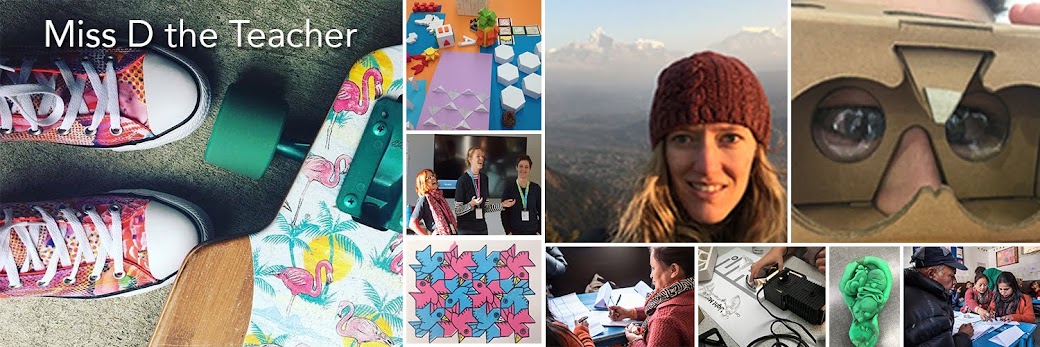J is for judgement
How do we judge others? How do we judge ourselves? How do we judge what is important and what is not? And how do we know if our judgement is right?
 |
| definitions from google |
The past few weeks I have spent my Saturdays at University listening to some philosophy lectures from Elizabeth Rata and Richard Nola. It seems that the two of them were very effective in getting me to really question my own judgements...
Relativism - there is no universal truth
In other words, what is true for me, is not necessarily true for you. Although it means that I can always be right, I suspect half the fun in being right often involves knowing that others were wrong. We construct our truths in many ways, and often in different ways. I might construct my truths based on empirical data while you might construct your truths on social experience.On any given day, as a teacher I make multiple judgements. Whether a student acted appropriately or not, whether a colleague responded professionally or not, whether a teaching strategy is effective or not. Even crossing the road requires a judgement of whether it is safe or not. Functioning in society requires that I make judgements. However, what happens if everyone constructs their own truths? Just listen to the arguments in any staff room for proof that people do have different truths! Can we still make valuable, objective judgements if everyone has their own truths?
If I was a philosopher, I would probably be an empiricist. I want observable evidence. I might even be a rationalist. However, whether I am a relativist, a rationalist, an empiricist or any other theory I might subscribe to, right now I am most definitely provoked. I am provoked to reconsider my judgements that I have made about how the world works. If I can make my own truths, then so do my students and my colleagues. Thus, if this philosophy lesson has taught me anything, it is that I need to seek the truth for understanding, but not just my own truths, those of others too. I may never understand their truths completely, but certainly seeking to understand the truths of others can bring me much closer to genuine empathy and respect for diversity both in culture and opinion.

No comments:
Post a Comment